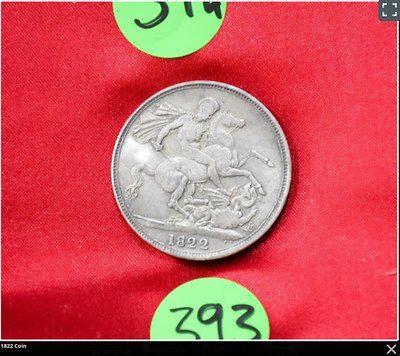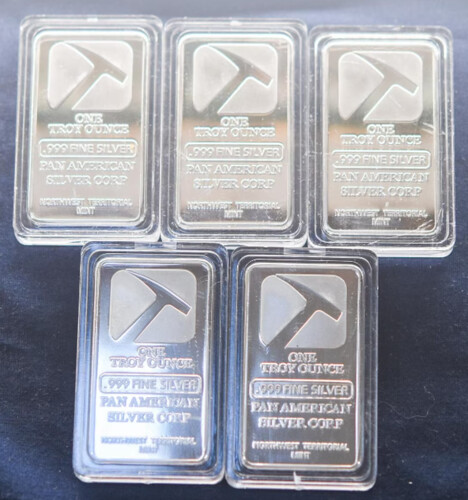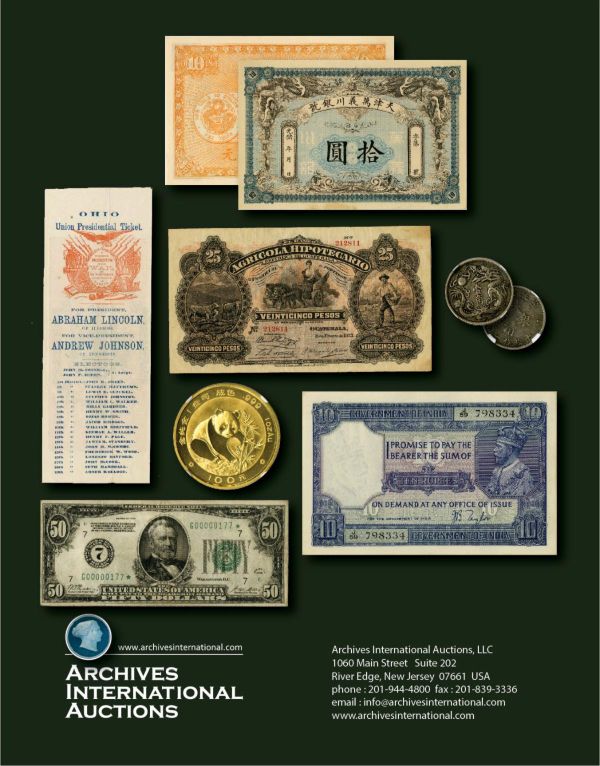
PREV ARTICLE
NEXT ARTICLE
FULL ISSUE
PREV FULL ISSUE
BUYER BEWARE: FAKE COINS AND BULLIONSpeaking of fakes, an auction house using weaselly-worded lot descriptions is getting away with selling fake coins and bullion pieces online, according to an article in the New Zealand Herald. Here's an excerpt - see the complete article online. -Editor A small auction house has been accused of selling fake rare coins and bullions which has drawn the ire of numismatists around the country. However, a tribunal has ruled it can't stop the auction house from selling fakes and that it's up to the buyer to do their due diligence. Jeremy Wilkinson investigates. Lipscombe Auction House in Nelson sells hundreds of rare coins per year, specimens that would go for thousands if they were genuine. But some of them aren't real, as one buyer who spent nearly $8000 on various coins and supposedly silver bullions found out. A Disputes Tribunal decision released early this year describes how one man paid $6000 for some coins and sent them away to get tested for silver content. While he was waiting on the results he spent a further $1500 on coins and bullions from Lipscombe only for the results of the first batch to come back with a disappointing result. They were all fakes. The buyer refused to complete the pending sale of $1500. He contended the first lot he'd purchased and tested was essentially worthless so he believed it was likely the second lot was the same. Lipscombe then took him to the tribunal and won, meaning the man has to complete the sale. The adjudicator also dismissed the buyer's counterclaim for a refund of the first $6000. It's a move that's got other auctioneers of rare goods and buyers of rare coins talking but experts say the auction house is not doing anything illegal. One of the country's leading legal experts in consumer and intellectual property law, Ian Finch, says Lipscombe wasn't doing anything illegal.
Having looked at Lipscombe's terms and conditions as well as its auction descriptions, Finch said he believed the auction house wasn't
He believed its wording was quite
Lipscombe Auction House has its terms and conditions listed on its website which state that it's not liable for any error whatsoever to do with the
Its descriptions do not state any coin is genuine and are merely descriptions of the coins or what is written on them, such as: It was these descriptions that Disputes Tribunal adjudicator Dolly Brennan zeroed in on when she made her ruling that the buyer was obligated to complete the second purchase despite already having spent thousands on fakes. Brennan ruled that many of the coins and ingots were not described specifically as having a silver content though the word silver was used in the auction listing.
The buyer argued that using the word silver conveys to a reasonable person that it would contain the precious metal rather than it simply being a description of how the item looked. Brennan disagreed. The buyer also argued that the descriptions of the coins denote a specific year which was indicative of their being minted in a particular era. Brennan ruled that Lipscombe was merely describing what was written on the coin.
As well as the coins, the buyer purchased a series of silver ingots which were described as She also ruled that according to Lipscombe's terms and conditions, it will only grant a refund for a fake if they have specifically made a claim about the genuineness of the product.
Brennan acknowledged that the buyer would be disappointed with her ruling and was
To read the complete article, see:
Wayne Homren, Editor The Numismatic Bibliomania Society is a non-profit organization promoting numismatic literature. See our web site at coinbooks.org. To submit items for publication in The E-Sylum, write to the Editor at this address: whomren@gmail.com To subscribe go to: https://my.binhost.com/lists/listinfo/esylum All Rights Reserved. NBS Home Page Contact the NBS webmaster 
|


